Niccolò di Bernardo dei Machiavelli was born as the third child on May 3, 1469, the first son of the lawyer Bernardo di Niccolò Machiavelli and his wife Bartolomea di Stefano Nelli.
His father maintained a small library and provided his son Niccolò with an extensive humanistic education. Thus he became acquainted with the ancient classicists such as Aristotels, Boëthius, Cicero, Ptolemy and others. Niccolò learned to read and write as well as rhetoric and Latin.
It was a chaotic time in Italy. Italian city-states and small states were not always well-disposed towards each other, and foreign powers such as France, Spain and the Holy Roman Empire (German Nation) were also active. Rich merchant families were politically very influential and so alliances could change overnight. Many short-lived governments came and went

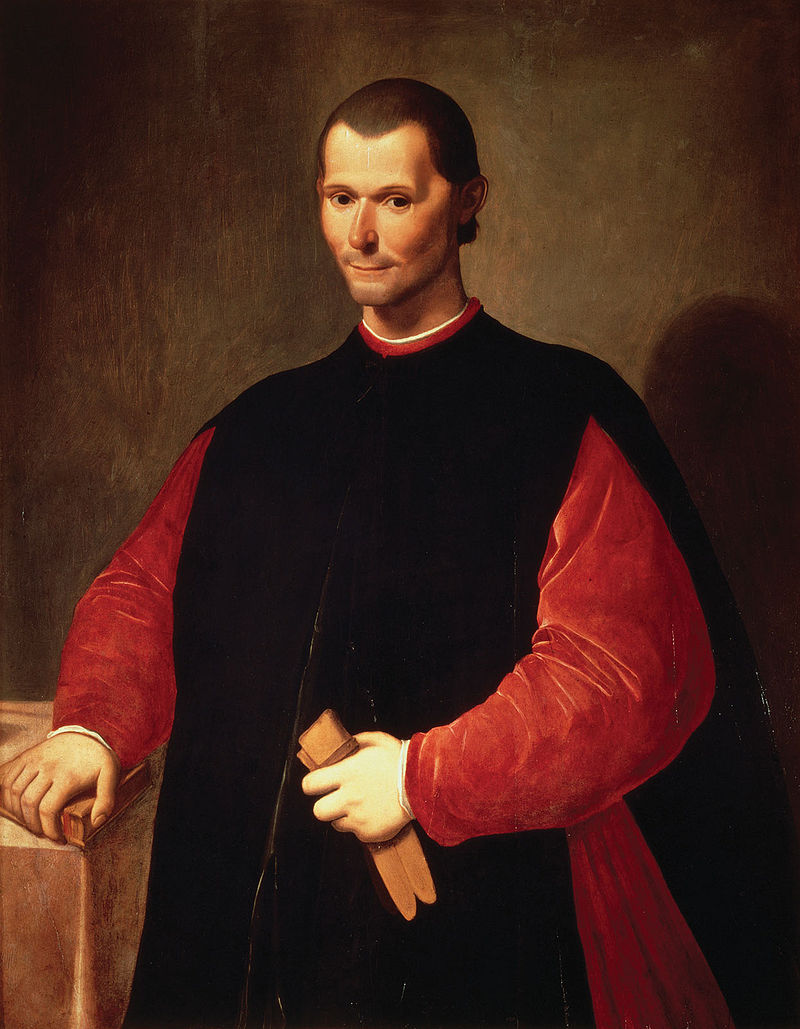

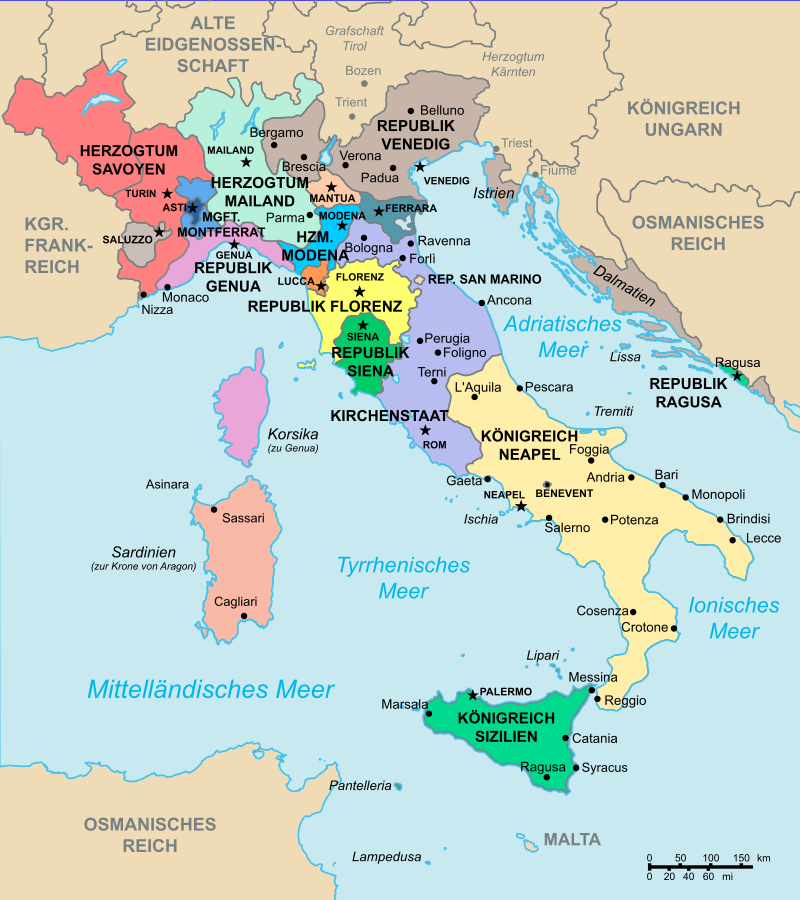
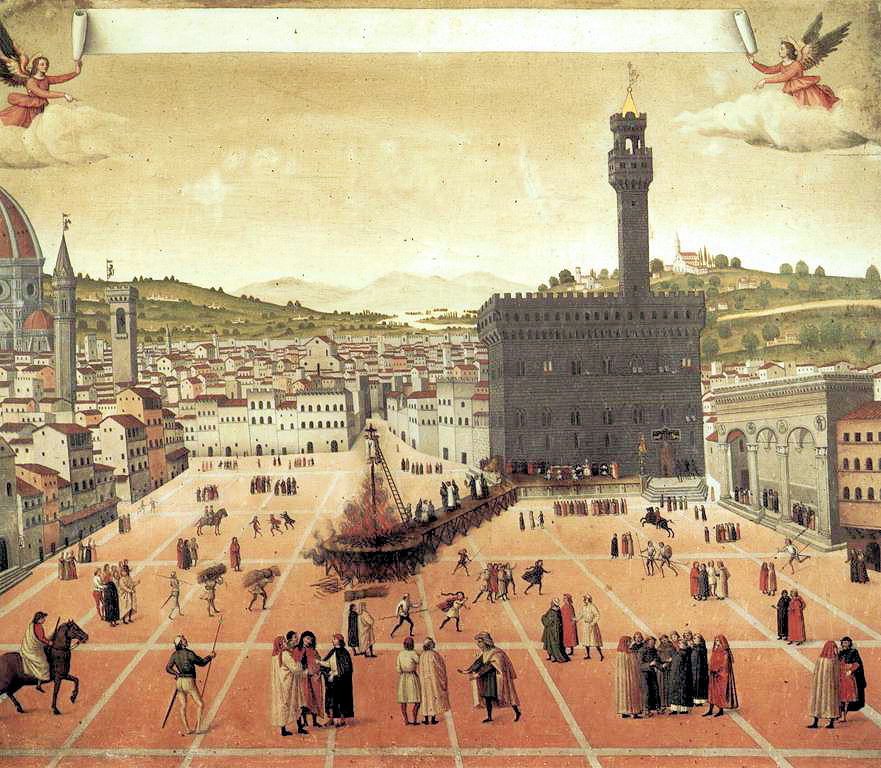
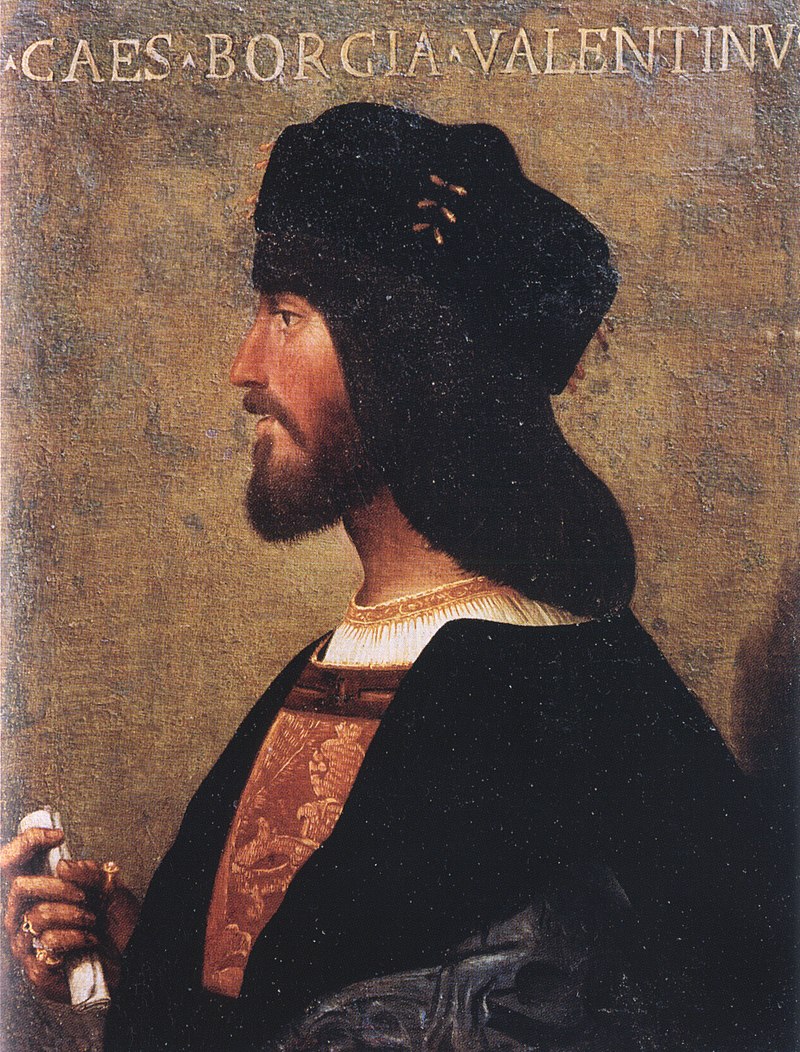
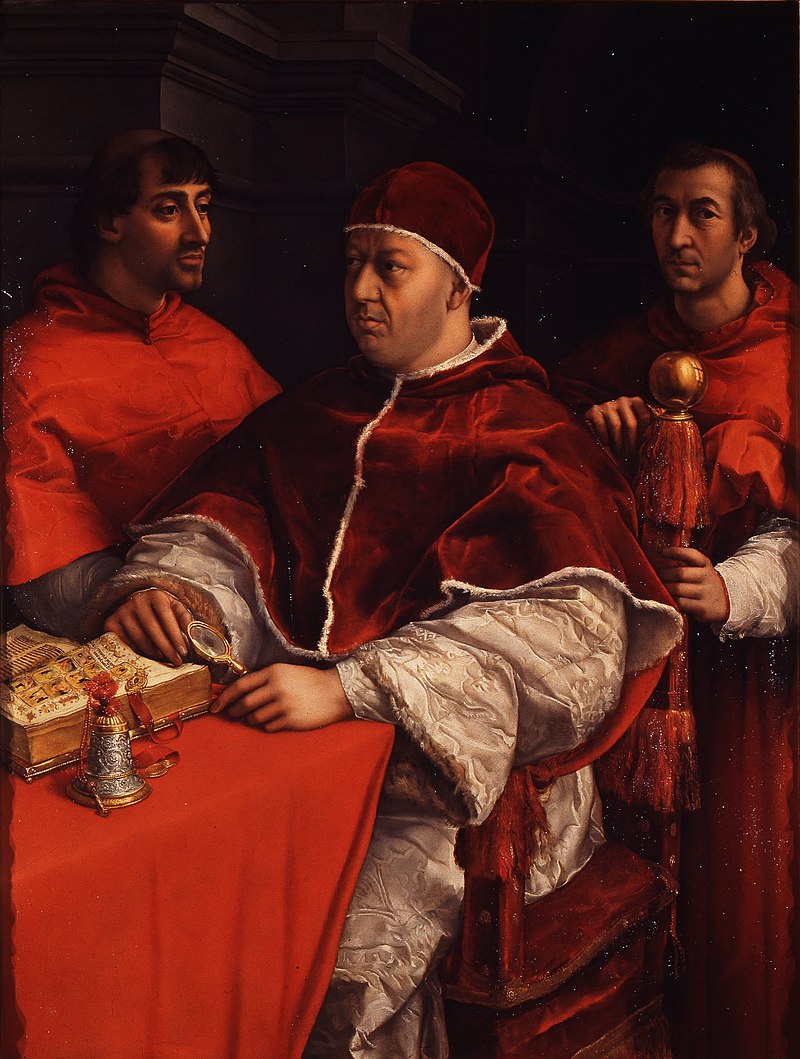
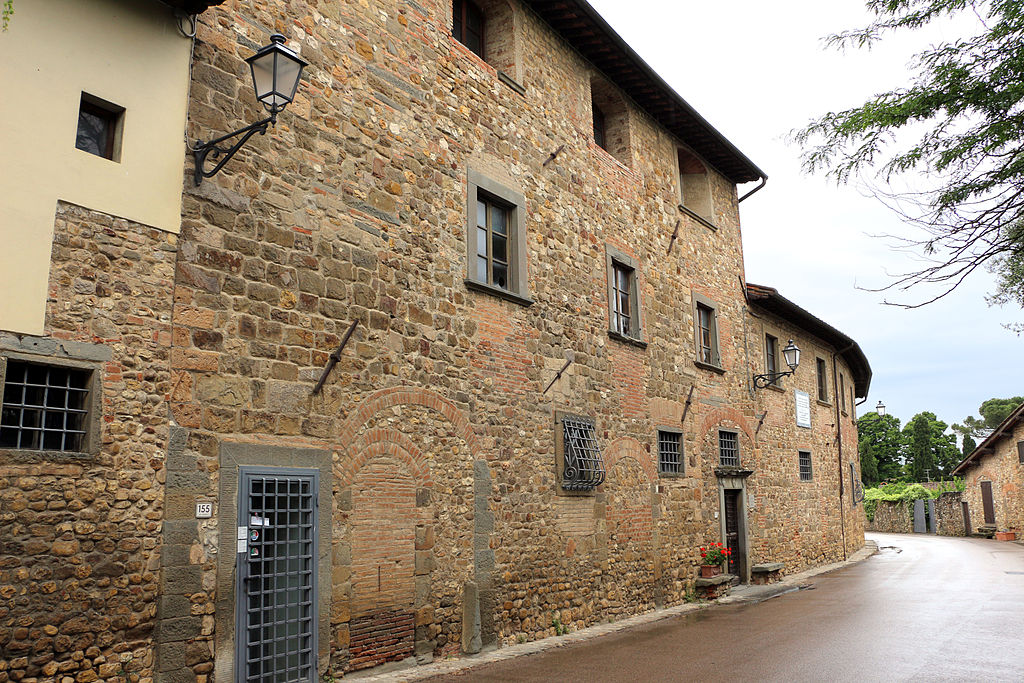
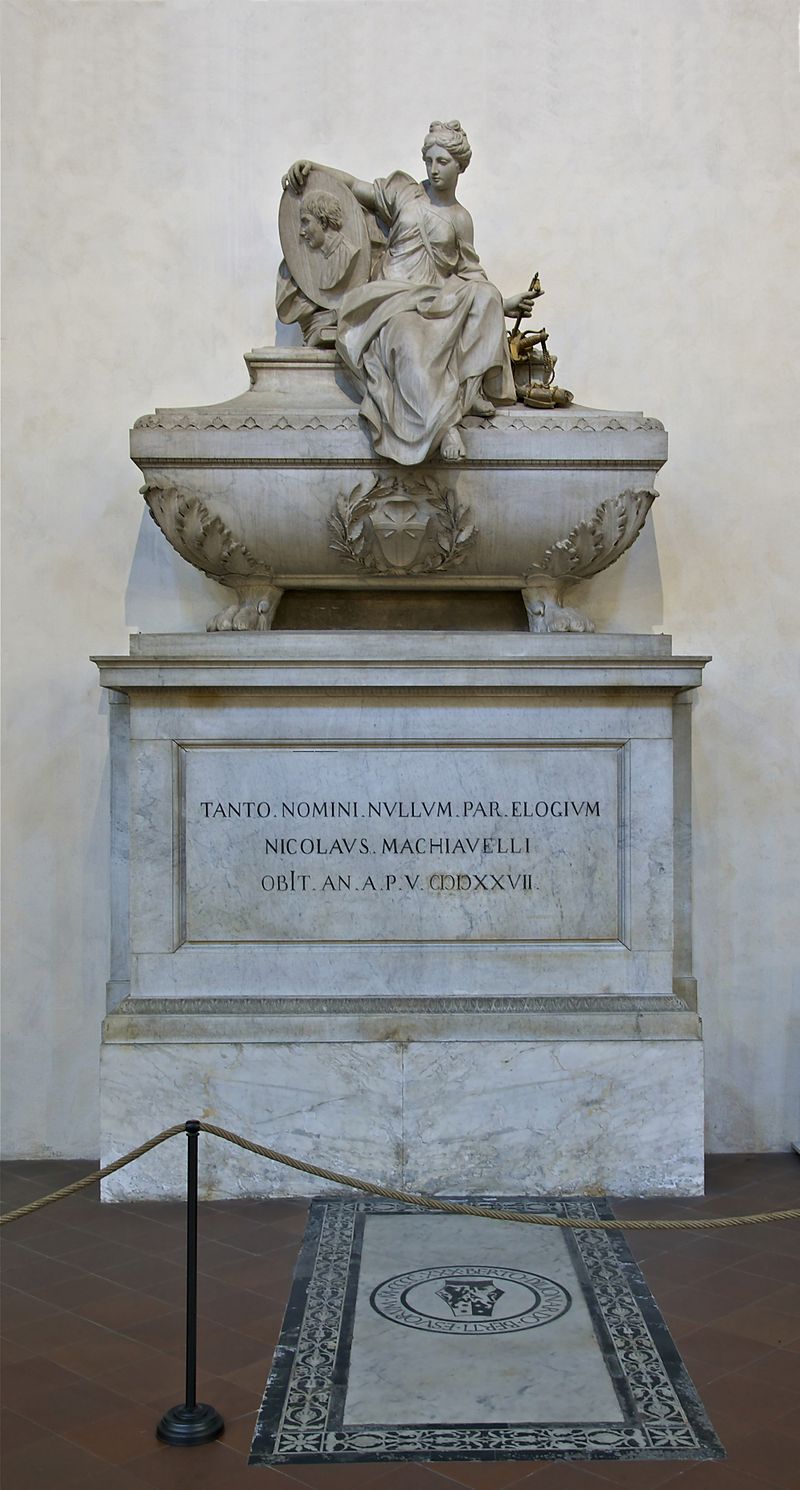

Comments
Links